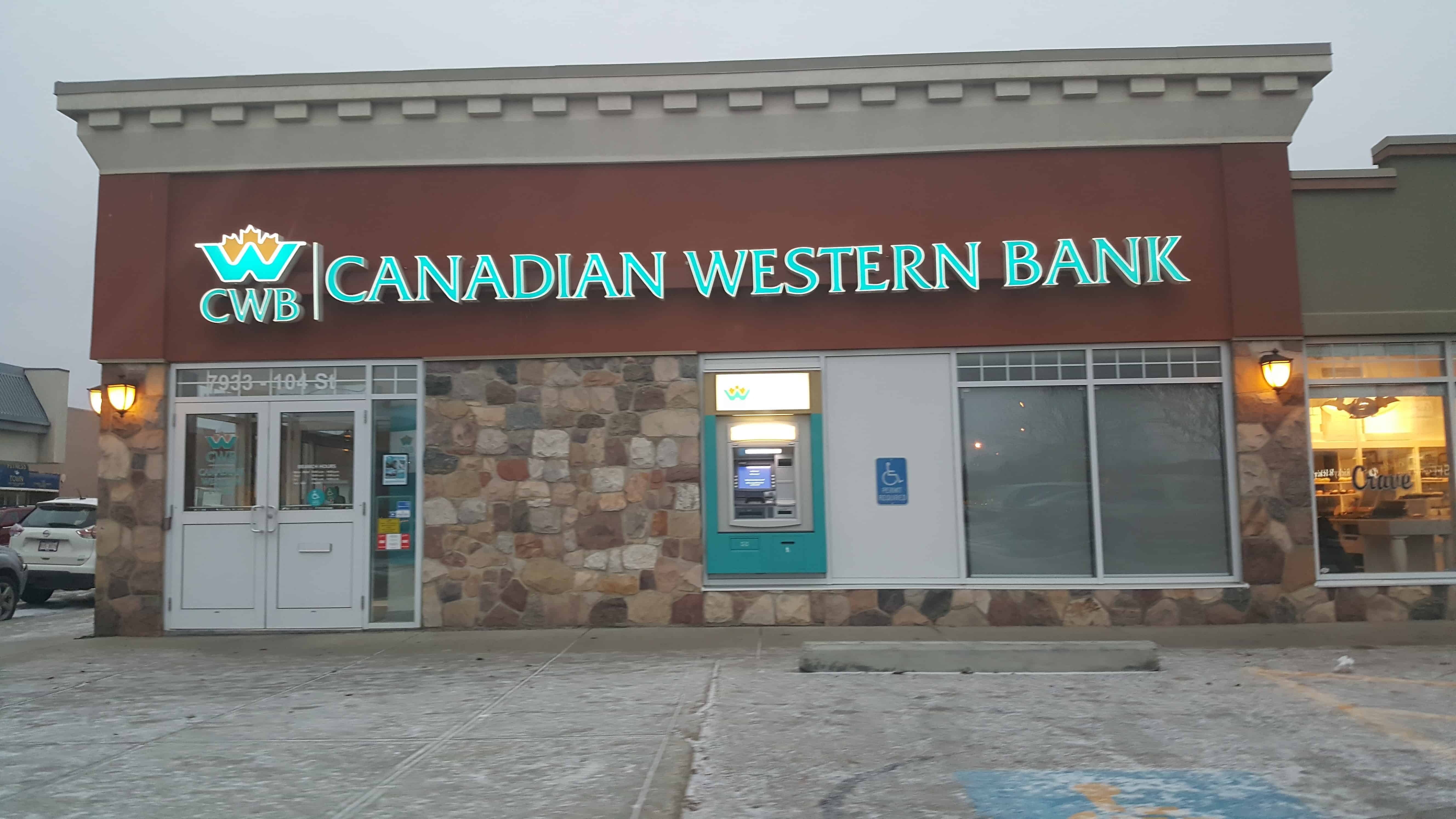The Canadian market is one that is as large as it is diverse. From coast to coast and from province to province, economic realities are very different and typically are reflective of the underlying resource and jobs base in each region. Regional banks are no exception.
I’ll be looking at a Canadian regional bank operating primarily in western Canada.
Canadian Western Bank (TSX:CWB) provides a range of lending services, focusing on commercial and real estate lending as well as mid-market commercial banking and equipment financing and leasing. As the company’s product portfolio indicates, the business is exposed quite heavily to the real estate and oil industries in western Canada.
With the Canadian lending market in turmoil these past few weeks, and much of the discussion currently centring on the alternative lending industry in eastern Canada (primarily Toronto), other smaller, regionally focused lenders such as Home Capital Group Inc. (TSX:HCG) and Equitable Group Inc. (TSX:EQB) have recently seen marked declines due to their exposure to the highly leveraged and risky housing markets of Toronto.
These companies have seen their market capitalizations decline dramatically to the point where investors are now pricing in the risk of default into banks that were once considered to be rock solid.
It turns out some of this sentiment has spilled over to the other regional banks in Canada, and Canadian Western no exception.
Canadian Western does not have significant exposure to the Toronto market; however, the company does have its fair share of exposure to B.C. and Alberta; the decline in oil and housing in Alberta has been driving sentiment much lower on Canadian Western relative to its national peers.
I’ll be looking at one specific example of why Canadian Western has declined nearly 20% since its peak in December.
Calgary-based Walton Group files under CCAA
Walton Group is one of Canada’s largest land developers. It has fallen into hard times of late with pervasively low oil prices and a housing downturn in Alberta spurring large losses over the past three years.
With the company unable to renegotiate the maturity date of a letter of credit received from Canadian Western due May 1, the company has filed under the Companies Creditors Arrangement Act (CCAA) due to it being insolvent on a cash flow basis.
The CCAA is equivalent to chapter 11 bankruptcy protection in the U.S., providing Walton Group with time to renegotiate its debt obligations — many of which are too large for Walton’s companies to make interest payments based on current levels of cash flow.
This case study is important in that it represents the state of affairs of one of Canadian Western’s largest customers. The ultimate state of Canadian Western’s loan book is likely to continue to be in flux should oil prices and the housing market remain softer for longer.
Bottom line
Canadian Western Bank is yet another regional bank that has been hit hard by the market of late, and investors have been pricing in a significantly higher risk premium to the bank’s lending portfolio. For the time being, it may make sense to wait on the sidelines until the turmoil subsides.
Stay Foolish, my friends.








